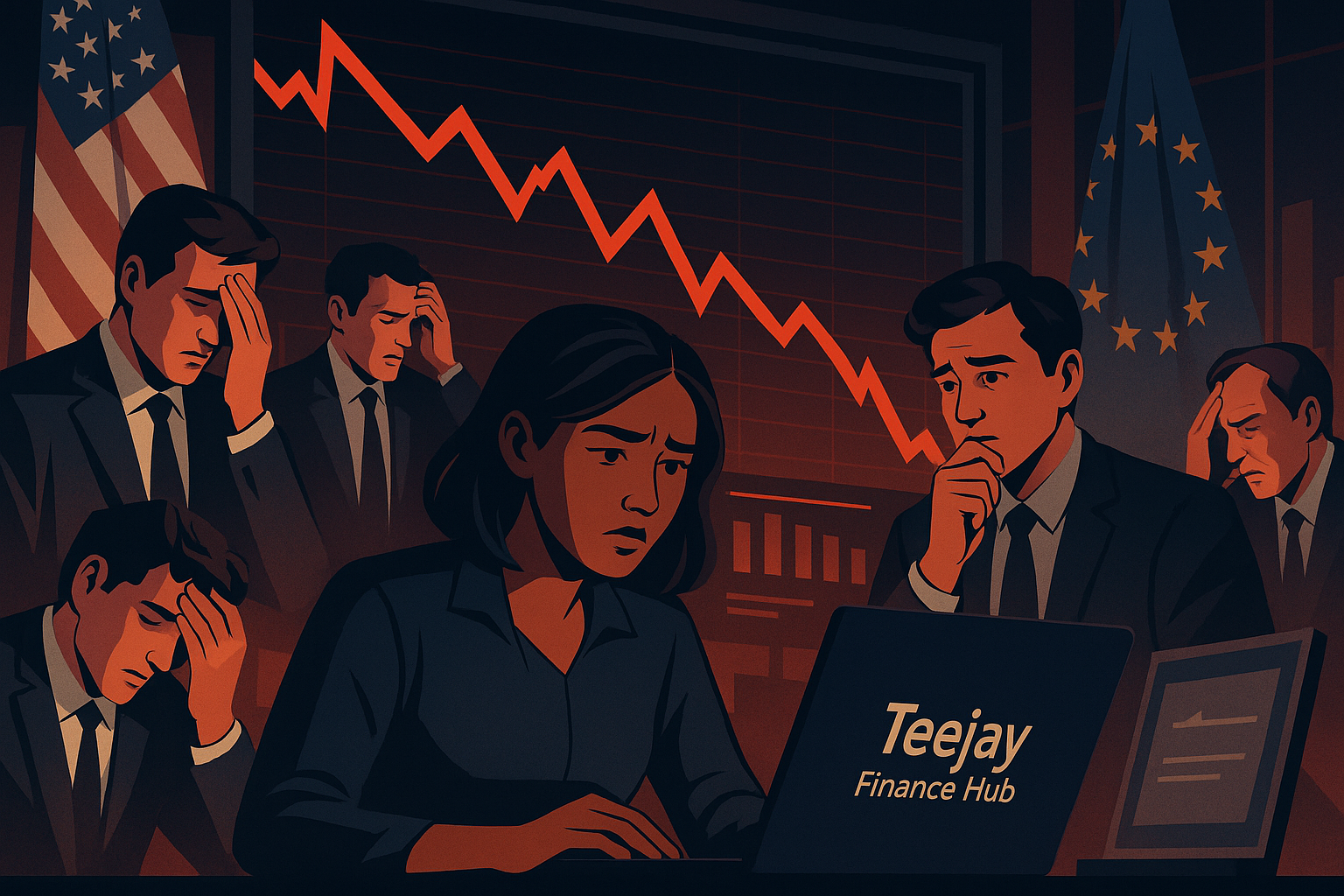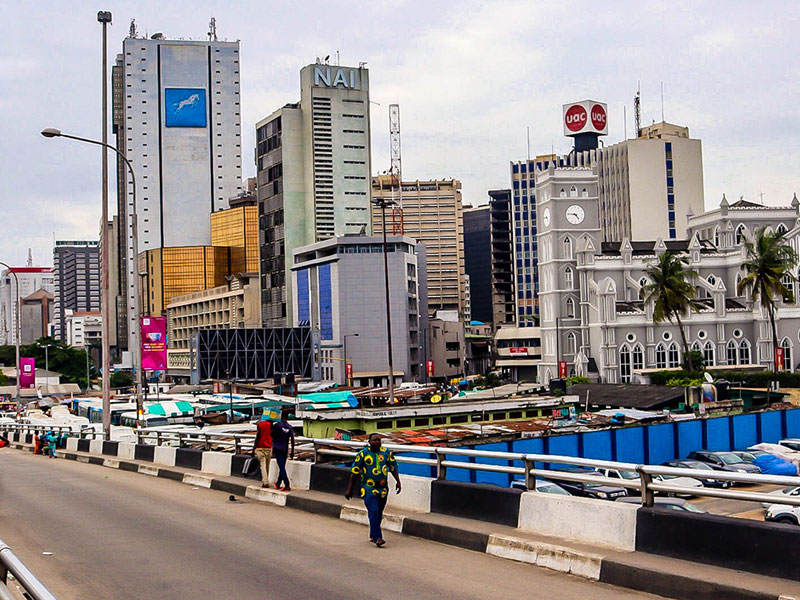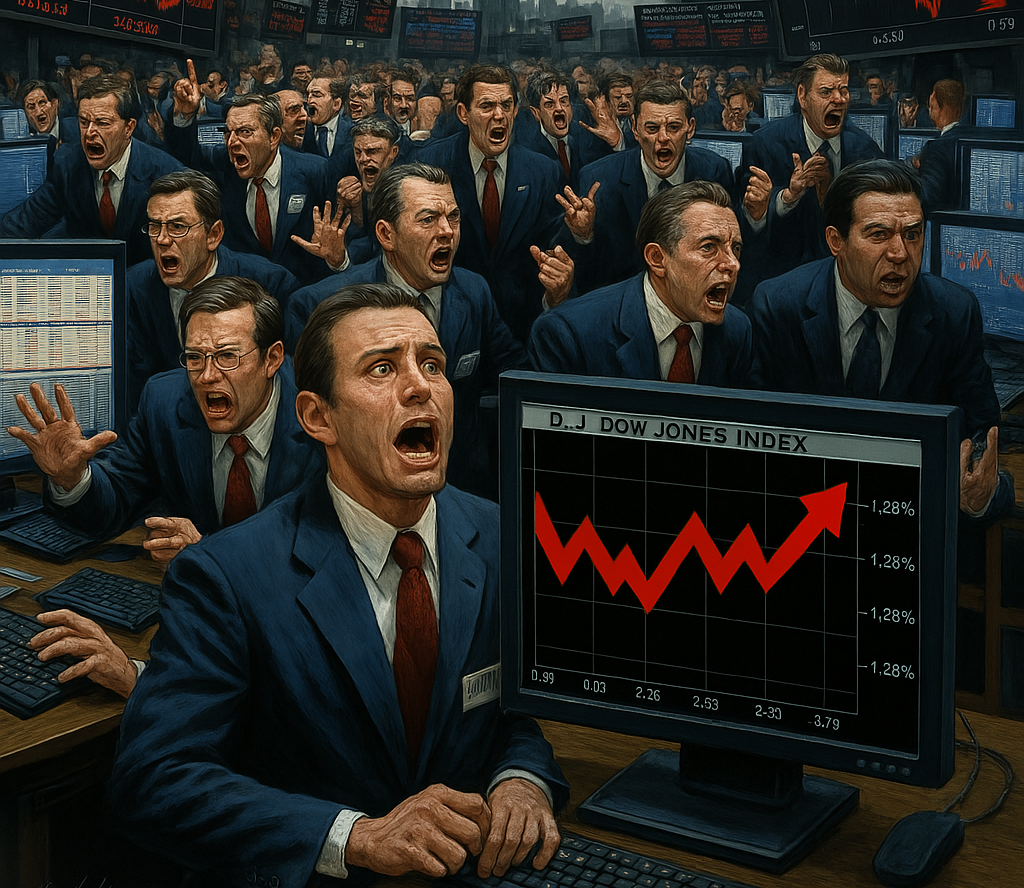As financial markets continue to react to international policy shifts and economic indicators, April 2025 has brought significant events shaping the global financial landscape. Here are the key highlights every investor, business owner, and economic enthusiast should be aware of:
📉 Global Stock Markets See Major Downturn
On April 2, 2025, stock markets around the world witnessed the largest single-day drop since the COVID-19 pandemic crash in 2020. This market shock was triggered by the United States’ announcement of sweeping new tariffs, aimed at protecting domestic manufacturing and reducing trade deficits.
- The Dow Jones Industrial Average dropped over 1,500 points.
- European markets mirrored the panic, with the FTSE 100 and DAX both posting losses over 4%.
- Emerging markets were hit especially hard, highlighting global interconnectedness and dependency.
Investor sentiment remains fragile, with volatility expected to persist as international trade tensions evolve.
📊 IMF Warns of Systemic Financial Risks
The International Monetary Fund (IMF) is set to release its Global Financial Stability Report on April 22, 2025, providing deep insight into the state of the world’s financial systems.
According to early briefings, the report will:
- Highlight emerging market vulnerabilities, especially in countries with high external debt and weak currencies.
- Address rising inflation risks in advanced economies, which may lead to further interest rate hikes.
- Examine potential systemic risks tied to shadow banking, private equity markets, and speculative tech stocks.
This report is widely anticipated by central banks and investors for clues on how to position portfolios amid global uncertainty.
🏦 Central Banks at a Crossroads
With slowing global growth and rising geopolitical risks, central banks face tough decisions:
- The U.S. Federal Reserve may hold interest rates steady longer than expected.
- The European Central Bank (ECB) and Bank of Japan (BOJ) are hinting at more cautious approaches to monetary tightening.
- In contrast, emerging economies may be forced to hike rates to defend their currencies and fight capital flight.
These policy decisions will ripple across global capital markets, affecting currencies, equities, and commodities.
💡 What This Means for You
Whether you’re an investor, business owner, or just someone keeping an eye on the markets, here are a few takeaways:
- Diversification is more important than ever.
- Stay informed on central bank policies and trade tensions.
- Watch out for currency fluctuations if you’re involved in international business or forex trading.
📬 Subscribe to Teejay Finance Hub for real-time updates, insights, and tips to stay ahead in a rapidly changing world.






Leave a Reply